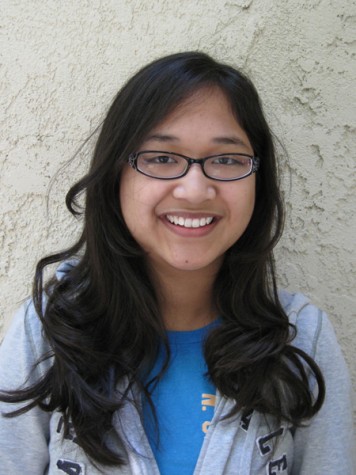The Glendale Collge Armenian Student Association hosted an annual Armenian Genocide remembrance event in Plaza Vaquero on Thursday. The day was cloudy and somber, befitting the seriousness of the occasion.
The ASA commemorates the Genocide almost every year since it became a campus organization in 1974, in order to call attention to this crime against humanity by providing information that is not generally known to the public.
“It is important for Turkey to accept responsibility for this Genocide, just as it was important for Germany to accept responsibility for the Holocaust, just as it is important for any perpetrator of any crime to accept responsibility,” said Levon Marashlian, faculty advisor to the ASA. “It is particularly important for Turkey because the ongoing denial continues to stain Turkey’s image and hinders the development of a healthy democracy there.”
Although resolutions have been introduced in Congress, including several by Rep. Adam Schiff, D-Glendale, the U.S. has never pressed Turkey to acknowledge its role in the genocide. However, the flags of several countries that have condemned Turkey’s actions were displayed in Plaza Vaquero on Thursday.
The flags of every country that supports the recognition of the Genocide adorned the lawn; all of them European, North American or South American. None of them have a military presence in Turkey as the U.S. does. In America, 43 states, including California, recognize the Armenian Genocide.
Additionally, many newspaper articles showing the tragic massacres were spread out on tables and tents with members of the ASA on hand to provide additional information.
“Obama should recognize the genocide,” said Davit Isakhanyan, 27, an Armenian-born accounting and finance major. “Almost all states in the U.S. recognize this tragedy. The U.S. has a good relationship with Turkey and the Congress refuses to do it. Obama is kidding everyone when he avoids saying the word ‘genocide’.”
What happened 96 years ago is still relevant today because Turkey still denies it, and a successful denial of past genocides makes it easier for others to perpetrate future genocides,” said Marashlian. “Remembering the Genocide and demanding justice from the Turkish government is important for Armenians everywhere because the denial of this horrendous crime is an act of psychological aggression against Armenians and a potential threat against the survival of Armenia.”
“We’re protesting against Obama for not recognizing the genocide,” said Marie Danielian, secretary of the Armenian Student Association. “He’s being dishonest to his voters. The military bases in Turkey are bigger than the ones in Armenia, so the government doesn’t want to strain its relationship with Turkey. We have a protest coming up April 24, with Armenians protesting against Obama. We did the petition and the U.S. Senate and House has vetoed it several times. My ancestors were in the genocide. My great grandmother survived and I was lucky to be born.”
Isakhanyan, who had not attended previous GCC genocide commemoration events, expressed his appreciation for the work put into the event by the ASA and said, “The new students are getting information about the genocide. Maybe when they all get home they can inform themselves. These events are close to my heart. All Armenians should fight for this reality. All Armenians were spread all over the world in different countries. It is an international fight for justice.”
April 24 was Genocide Remembrance Day, and this year it coincided with Easter Sunday. The genocide against the Armenians began on this date in 1915 and continued until 1923.

